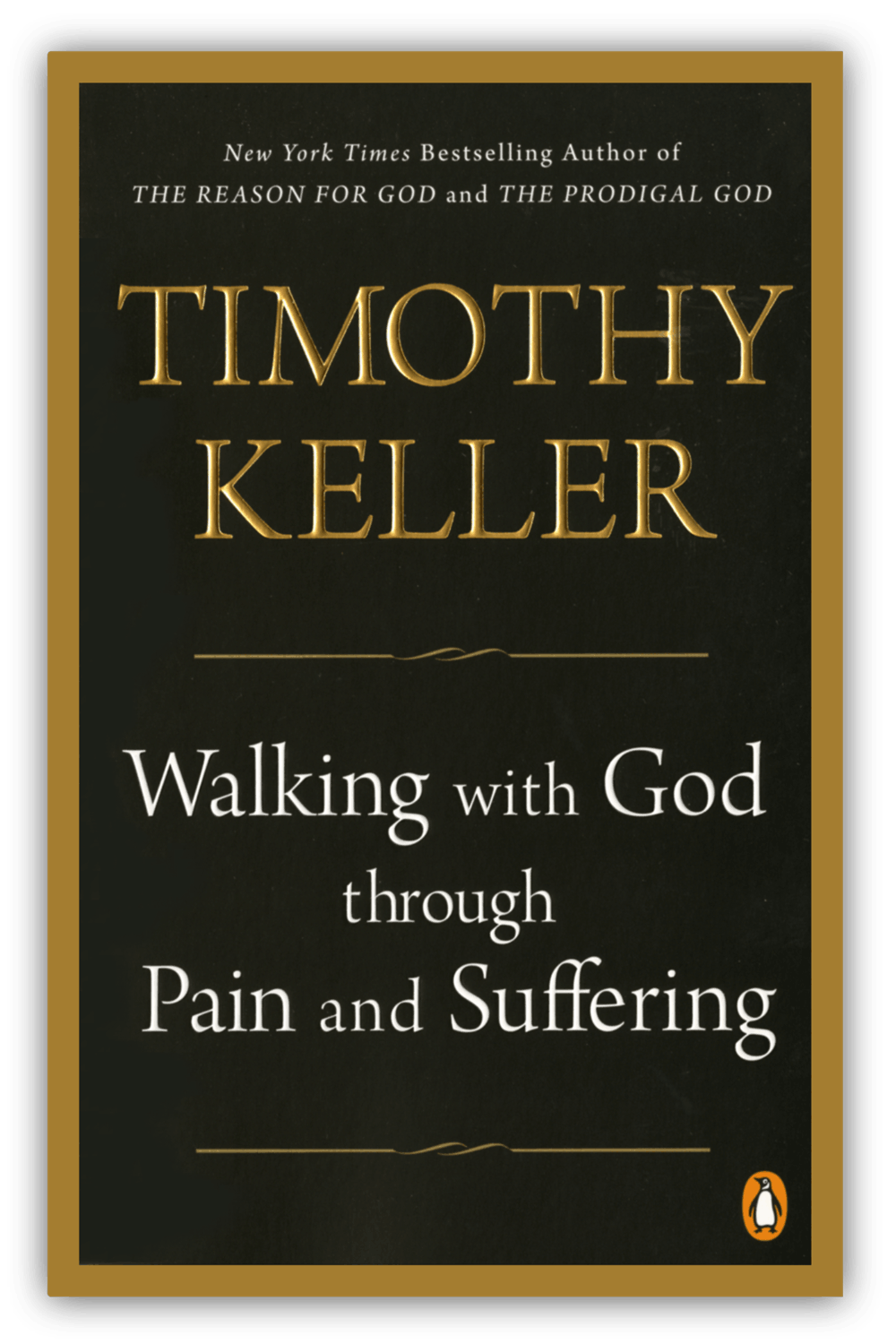On November 8, Redeemer Downtown congregated as a (masked, socially distanced) worshipping community for the first time in eight months. We had learned many things about “virtual” worship in that time, particularly the limitations. One thing we purposefully tried to encourage during that time was “congregational” singing in homes for online worship, knowing its necessity for spiritual formation. As Tim Keller (italics mine) stated in his 2008 sermon on Ephesians 5:18-21:
We have our beliefs, but an awful lot of people who believe in God and Christ are as messed up and as selfish as everybody else. Their beliefs haven’t really produced changed character. Why? Because beliefs don’t automatically become changed character. You have to turn beliefs into character with something in the middle. Between beliefs and character come spiritual disciplines or Christian practices. Unless you understand what those practices are and unless you’re participating in them, you will not actually change your beliefs into character.
One of the ways we do that is prayer . . . there are probably more places in the Bible that command that practice than any other. The second most commanded Christian practice in the Bible is one that when you see it, usually you don’t even realize it’s a command. We’re commanded to sing God’s truth, to sing God’s praises.
Throughout the Psalms there are nearly a hundred places where we’re commanded to sing to God. For example, Psalm 33: “Sing joyfully to the Lord, for it is fitting thus to praise him. Praise the Lord with the harp. Make music to him. Sing to him a new song. Play skillfully and shout for joy.” When we read that, we say, “Yeah, sure,” but do you know what that is saying? It says “skillful and joyful singing.” Skillful, done well; joyful, done from the heart. Skillful and joyful singing of God’s praises is a command. It actually says it is fitting, which means it fits you. It’s what you spiritually need.
– Tim Keller
At Redeemer Downtown (and everywhere), we quickly learned that exclusively singing as a scattered church was woefully inferior to regularly singing as a gathered church. For eight months, I never heard my brothers and sisters voices join mine as we sang our sorrows or proclaimed God’s praises.
This pandemic season has forced many to consider whether physically gathering is necessary for worship at all. I’ve had conversations with other parents at my son’s school, and with my musician friends about this exact question. While detailed discussions about sacramental theology aren’t usually helpful, even skeptics understand the value of communal singing. But as Christians we believe that something more is at work when we sing psalms, and hymns, and songs from the Spirit. The author of Hebrews alludes to this when he quotes Psalm 22 as the words of Jesus Christ: “For he who sanctifies and those who are sanctified all have one source. That is why he [Jesus] is not ashamed to call them brothers, saying, ‘I will tell of your name to my brothers; in the midst of the congregation I will sing your praise’ (Hebrews 2:11-12). Tim Keller (italics mine) expands:
The writer of Hebrews is saying that when we stand up to sing praises, if we believe in Jesus Christ, he’s standing in our midst, and he’s singing to God through us . . . This is a real phenomenon [in gathered worship]. Somebody with a more powerful and better voice can just essentially surround and envelop your fairly thin voice and completely hide the flaws of your voice. You sound better than you’ve ever sounded before . . . That’s an image of gospel salvation . . . When it says Jesus is singing in the midst of the congregation, it means when we stand to sing praises, in spite of our flaws and our sin, Jesus sings through us, and God hears this beauty and accepts us and loves us . . . Barbershop quartet people (four guys: high tenor, tenor, baritone, and bass) say when their voices blend perfectly, when they’re singing their best, they talk about a fifth voice. When the four voices are singing perfectly, there’s a sense that there’s a fifth voice. Some kind of beauty comes through that is greater than the sum of the parts.
– Tim Keller
The observation about an added voice (or overtone) in ensemble singing is a real property of acoustics, and it is indeed a beautiful image of the gospel. When we sing, Jesus himself (through the Holy Spirit) is in our midst, singing with us and through us. Just as we pray “in Jesus’ name,” we sing in his name also.
When we first gathered after eight months apart at Redeemer Downtown, we sang Horatio Spafford’s hymn “It is Well with My Soul.” The second verse stood out to me in a new way:
Though Satan should buffet, though trials should come,
let this blessed assurance control,
that Christ has regarded my helpless estate,
and hath shed his own blood for my soul.
This pandemic has forced many of us through trials we had never thought would come our way. Many of us have lost loved ones prematurely. Entire industries (including most of the live performing arts sector) have been shuttered, depriving millions of people of their livelihoods. Horatio Spafford knew suffering through the drowning deaths of all his children, and his response (incredibly) was to focus on the atoning sacrifice of Jesus Christ as his controlling reality. I know that in my flesh I’m not naturally inclined to respond in that way, especially in this season, and I am not alone. But in physically singing those words with my brothers and sisters in gathered worship, my heart was actually softened. When we sang the refrain It is well . . . in call and response, I actually experienced (not simply assented to) the relevance of Jesus and his work in meeting us in our troubles.
One of my professors has written about how masked worship is an apt metaphor for all worship this side of eternity. When we finally came back together in worship several weeks ago, the voice of our masked, one-tenth capacity congregation was barely audible in our cavernous space. It was a mere taste of what I know worship in this life can be. But I need to remember that all of our singing in worship since the fall is inherently “weak and wounded, sick and sore.” Tim Keller’s observations (italics mine) on how this experience contrasts with God’s purpose for music in creation and redemption are very enlightening:
We’re told at the beginning of time there was music (Job 38). Music was everywhere when God created the world. Yet in Romans 7 Paul says, interestingly enough, “The whole creation, all of nature, is groaning as in the pains of childbirth right up to the present time. For it has been subject to decay and frustration. Not only so, but we ourselves who have the firstfruits of the Spirit groan inwardly as we eagerly await our adoption, the redemption of our bodies.” . . .
Paul says when the world was made, and the world was perfect, and there was no sin and evil here and no brokenness and no disease and death, there was music everywhere. Now, we’re told, things are different. Now nature groans. It doesn’t sing in the same way it did. Not only that, but he says we groan inwardly. When it says in Ephesians 5, “If your heart is working right, you will be singing” it literally says, “making music in your heart to the Lord,” do you know what making music means? Composing melodies. When the Spirit of God is really, really working in your heart, when your heart is working properly, you automatically sing to God.
The universe started in music, and now it’s filled with groaning, but we’re told, amazingly, when God comes back to renew the world (Isaiah 55): “You will go out in joy and be led forth in peace; the mountains and hills will burst into song before you, and all the trees of the field will clap their hands.” Psalm 96: “Then shall the trees of the wood sing for joy before the Lord: when he comes back to rule the earth.” God is going to restore the music of creation, and he’s going to restore the music of our hearts so there’s never any silence and there’s never any groaning; there’s nothing but singing.
– Tim Keller
In our perfect resurrection bodies, in God’s perfectly restored creation, we will sing more skillfully and joyfully than you can imagine. At Redeemer Downtown, we often sing Sandra McCracken’s contemporary hymn on exactly these themes.
We will feast in the house of Zion;
we will feast with our hearts restored.
‘He has done great things!’ we will say together.
We will feast, and weep no more!
Like Horatio Spafford and many brothers and sisters before and since, I do not understand the exact reason for our suffering in this pandemic season (and nor can anyone). But I do know that when we have the opportunity to sing our sorrows and God’s praises together as his covenant people, it can and does particularly soften our heart to the transforming truth of God’s grace. Charles Wesley summed it up perhaps the most succinctly in “O For a Thousand Tongues to Sing.”
Jesus, the name that charms our fears,
that bids our sorrows cease;
’tis music in the sinner’s ears,
’tis life and health and peace.
Harrison Hollingsworth is a Music Director at Redeemer Downtown, and Principal Bassoon of the NYC Ballet. He and his wife Leah live in New York City with their three children.




